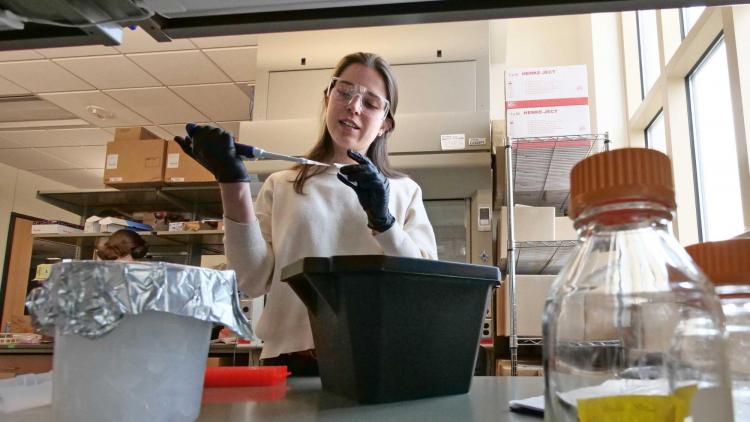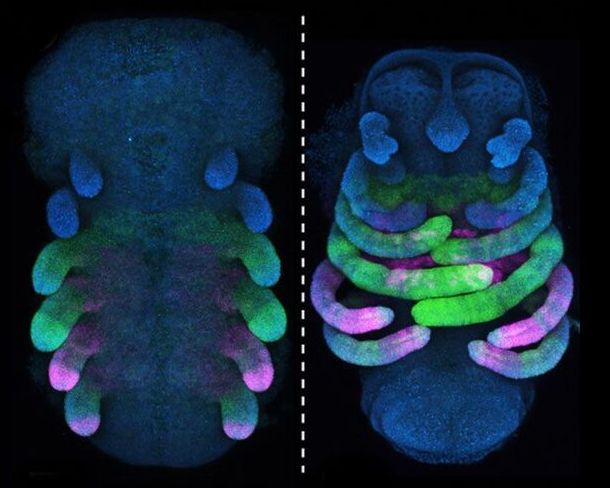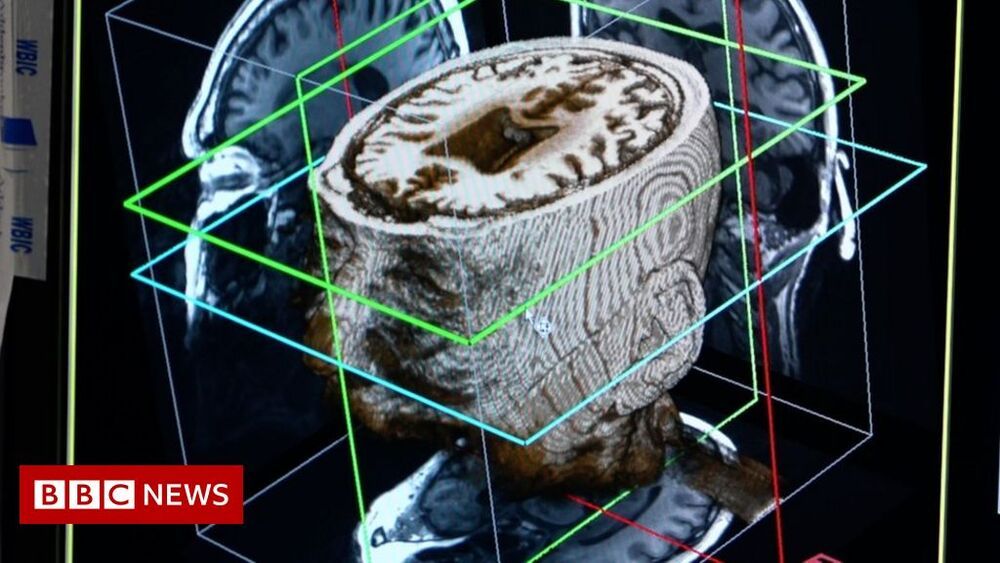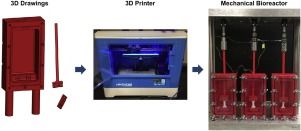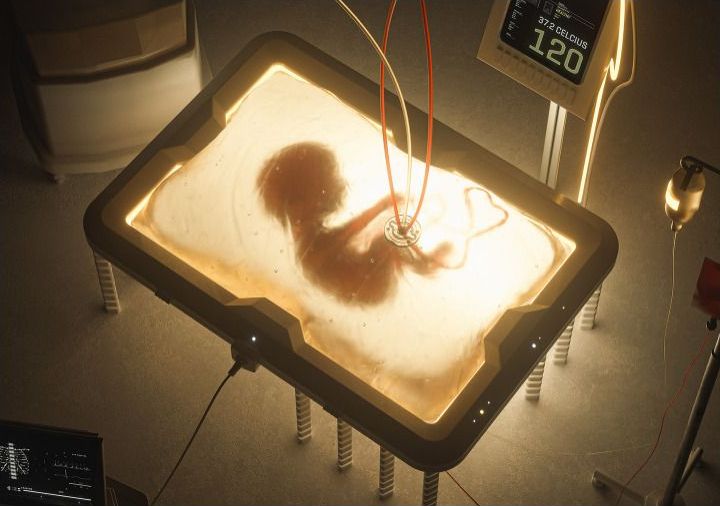The Astronomy, Technology, and Space Science News Podcast.
SpaceTime Series 24 Episode 91
*Astronomers zero in on source of the impactor that wiped out the dinosaurs.
A new study claims the impactor believed to have wiped out and 75 percent of all life on Earth 66 million years ago including all the non-avian dinosaurs — likely came from the outer half of the main asteroid belt between Mars and Jupiter.
*Producing matter out of pure energy.
Scientists have directly converted pure light energy into matter in a single process for the first time.
The findings reported in the journal Physical Review Letters involved the creation of Electrons and their antimatter counter parts positrons — by colliding quantum packets of photons – light particles.
*Discovery of a galactic stream of galaxy clusters.
Astronomers have discovered a never-before-seen galaxy cluster with a black hole at its centre, travelling at high speed along an intergalactic road of matter.
*Solar Orbiter and BepiColombo making space history with double flyby of Venus.
As we go to air tonight the European Space Agency is making space history with two of its space craft6 undertaking almost simultaneous flybys of the planet Venus.
*The Science Report.
New US congressional report says COVID-19 leaked out of Chinese Government Wuhan Lab.
Wearing masks and social distancing even when vaccinated key to combat new COVID strains.
Rising sea levels may mean fewer eruptions from volcanic islands.
How slowing of the planet’s rotation could have paved the way for life on Earth.
Skeptic’s guide to low vaccination and low IQ.
For more SpaceTime and show links: https://linktr.ee/biteszHQ
Your support is needed…
SpaceTime is an independently produced podcast (we are not funded by any government grants, big organisations or companies), and we’re working towards becoming a completely listener supported show…meaning we can do away with the commercials and sponsors. We figure the time can be much better spent on researching and producing stories for you, rather than having to chase sponsors to help us pay the bills.
That’s where you come in…help us reach our first 1,000 subscribers…at that level the show becomes financially viable and bills can be paid without us breaking into a sweat every month. Every little bit helps…even if you could contribute just $1 per month. It all adds up.
By signing up and becoming a supporter at the $5 or more level, you get immediate access to over 230 commercial-free, double, and triple episode editions of SpaceTime plus extended interview bonus content. You also receive all new episodes on a Monday rather than having to wait the week out. Subscribe via Patreon or Supercast…and share in the rewards. Details at Patreon www.patreon.com/spacetimewithstuartgary or Supercast — https://bitesznetwork.supercast.tech/
Details at https://spacetimewithstuartgary.com or www.bitesz.com
